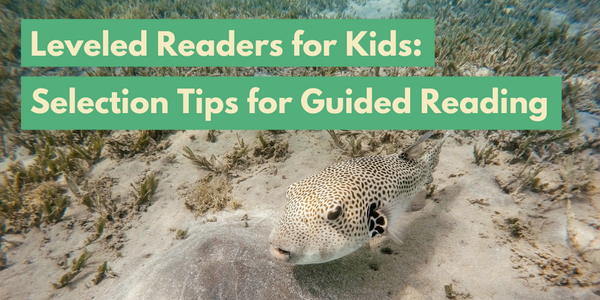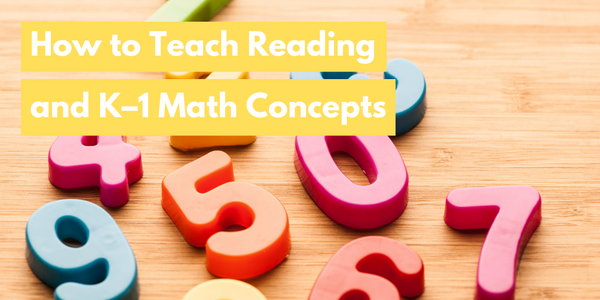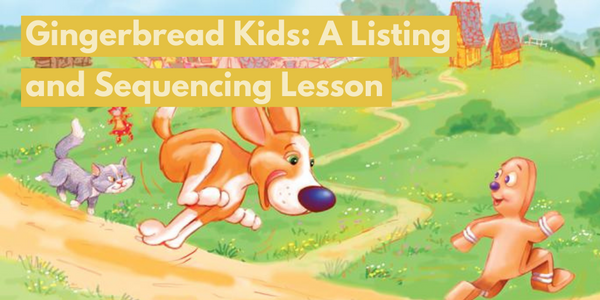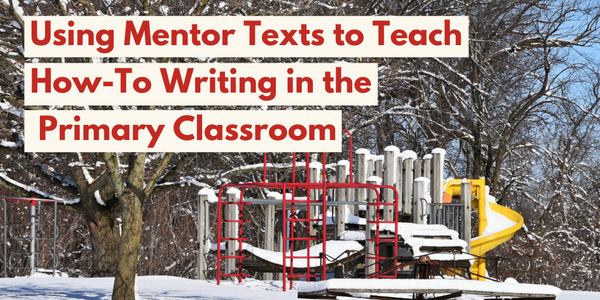Editor's Note: This blog was previously published, we're re-sharing it today as teachers begin their fall semester.
By Rhonda McDonald, Title 1 Reading Specialist
Developmental Writing Stage: Transitional (7–8 years old)
Children in the transitional stage of writing display the ability to create meaningful sentences to communicate a message. They have mastered basic mechanics, starting a sentence with a capital letter, ending with the correct punctuation, and correct spelling. They may still mix the use of capital and lower case letters. Writing on lined paper is introduced as they gain control of the size of letters. Spacing of words on a page is improving. To share examples of this stage, we read the story Mrs. Wishy-Washy and the Big Wash by Joy Cowley. We created a group story with students contributing a sentence and an illustration.

In the story, Mrs. Wishy-Washy had no water to wash her animals. She decided to take the animals to town to find some water to wash them. She took them to a car wash where they drove the truck thru and the animals were washed. I asked the students to think of another place where Mrs. Wishy-Washy could have washed the animals. The answers were as follows.
|
I will take the cow to the beach. |
I will take the duck to the pool. |
|
I will go to the beach. I will take the pig to the beach. |
I will take the pig after it rains. I try to keep the pig out of the mud. |
Lesson Ideas
- Rewrite the story and change the farm animals.
- Think of a new way for Mrs. Wishy-Washy to reward the animals.
- Make puppet cut-outs of the animals, mount them on a craft stick and role-play the story.
- Rewrite the story in a different setting and change the animals, for example, in the jungle with a monkey, a toucan, and a tiger.
- Write about what happened next when the animals went home from town.
- Write about why Mrs. Wishy-Washy wanted her animals to be clean ( e.g. , maybe they were going to a fair).
- Make animal headbands, dress someone like Mrs. Wishy-Washy and role-play the story.
- Read the story with character voices, emphasize expression and fluency
Implementing these ideas into your existing lessons plans can help students develop crucial writing skills. Be sure to stay tuned for additional blog posts about supporting children as they learn to write!
~~~
 This is a guest post by Rhonda McDonald, a Title 1 Reading Specialist in Botetourt County Public Schools, Virginia, and author of two books in our
Kaleidoscope Collection
:
Polar Bears
and
The White Whale
.
This is a guest post by Rhonda McDonald, a Title 1 Reading Specialist in Botetourt County Public Schools, Virginia, and author of two books in our
Kaleidoscope Collection
:
Polar Bears
and
The White Whale
.
~~~



![Teaching Kids to Write: The Transitional Stage [Grades 1-2]](http://www.hameraypublishing.com/cdn/shop/articles/106-WishyWashyBigWash_dbdf8276-b81f-497c-aeab-6c6cd830d6c8_1024x1024.jpg?v=1689962793)


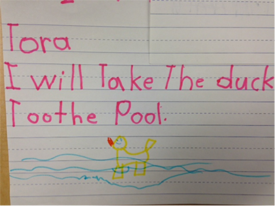


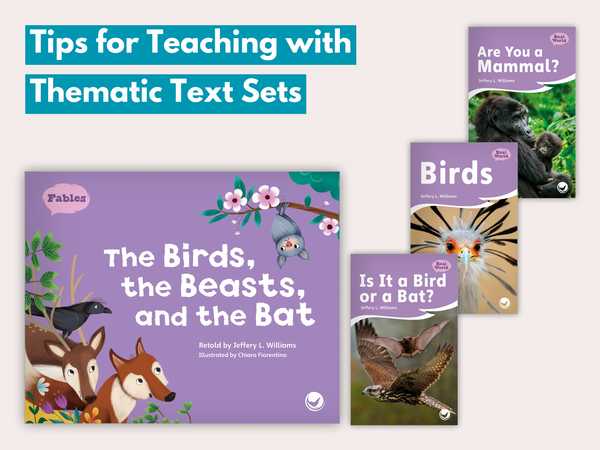
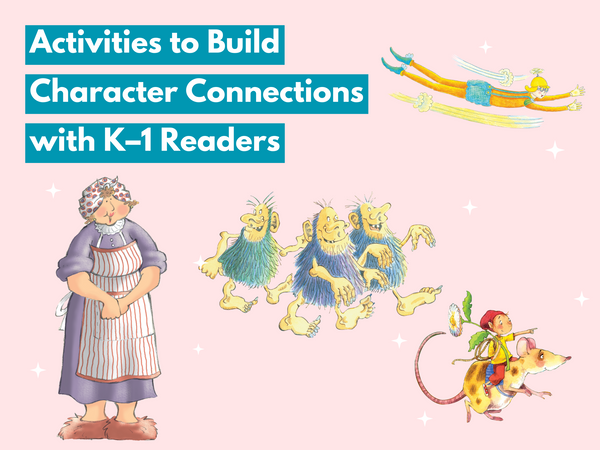
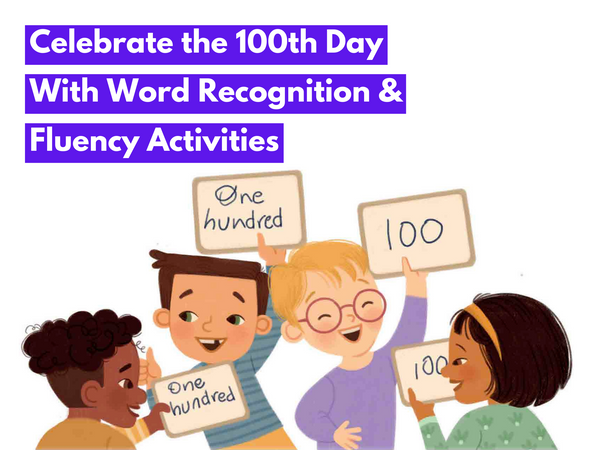
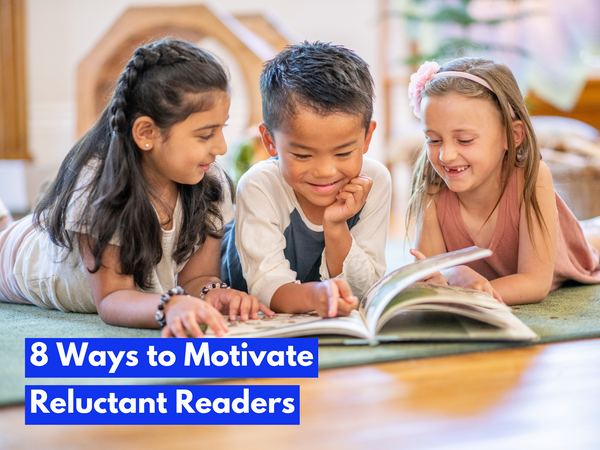
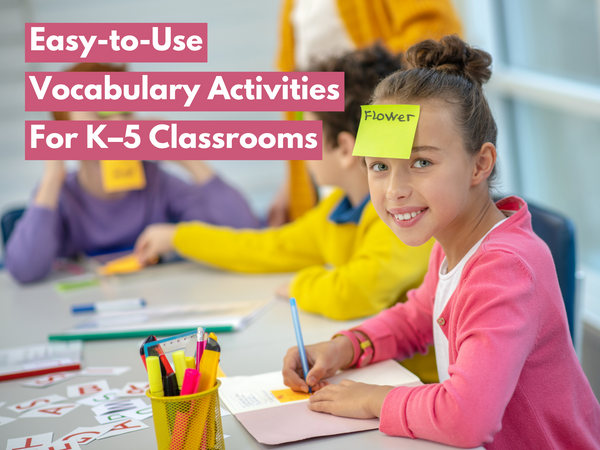
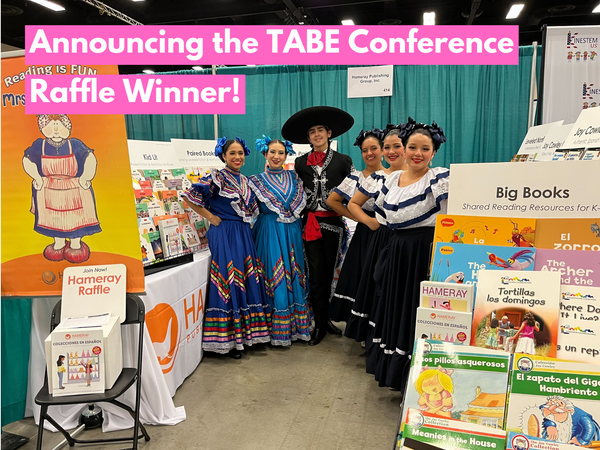
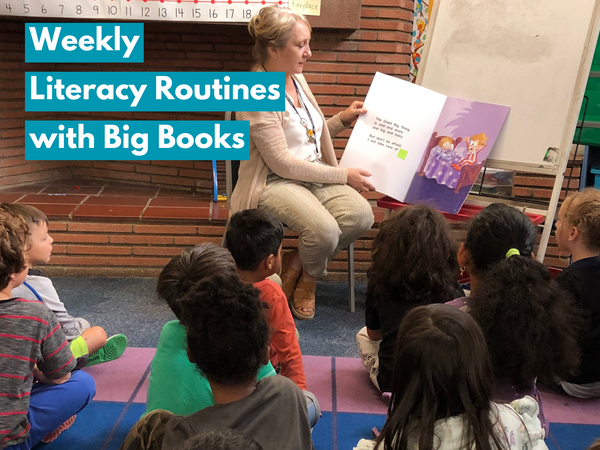
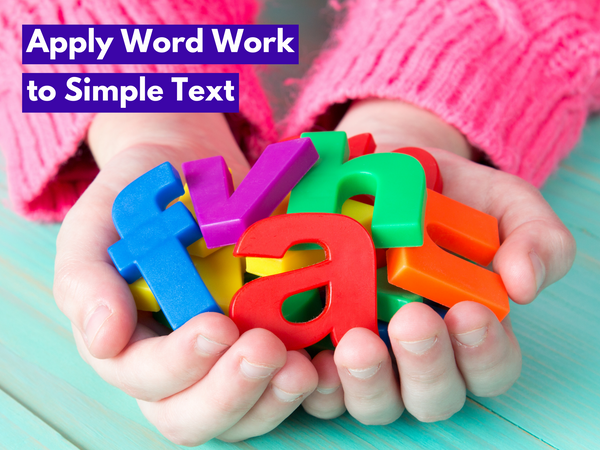
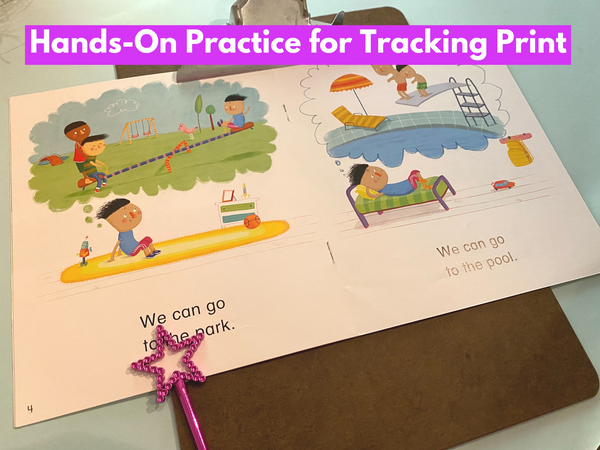
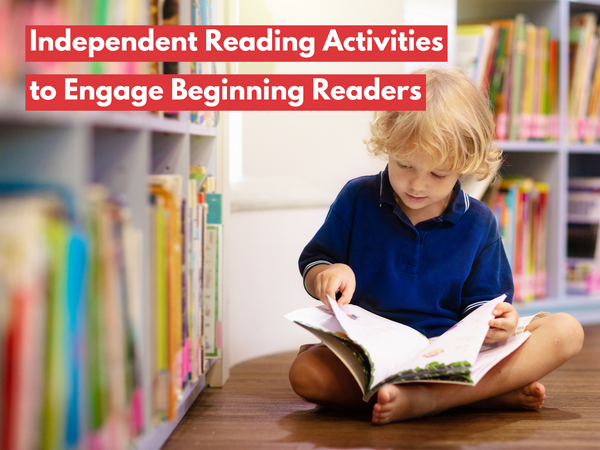
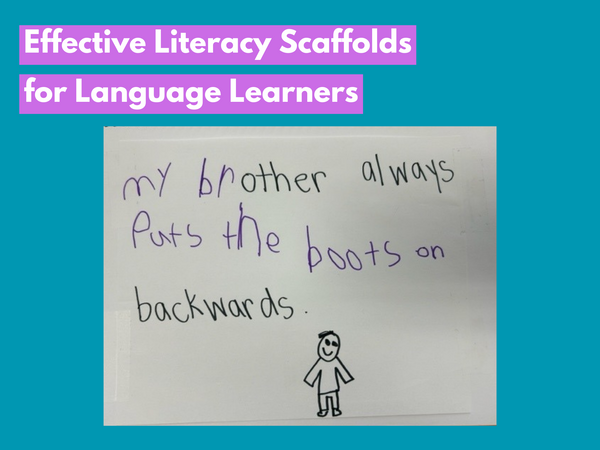
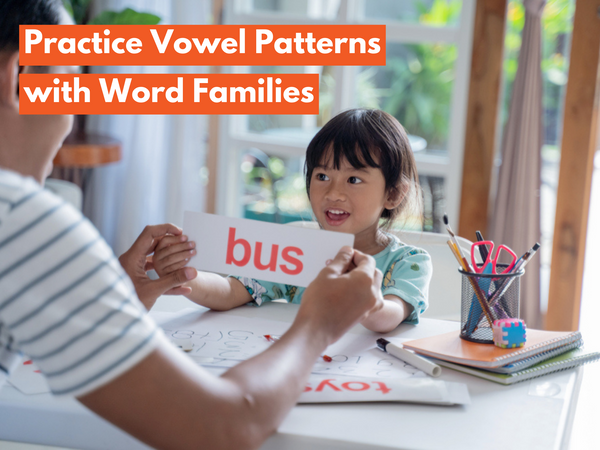
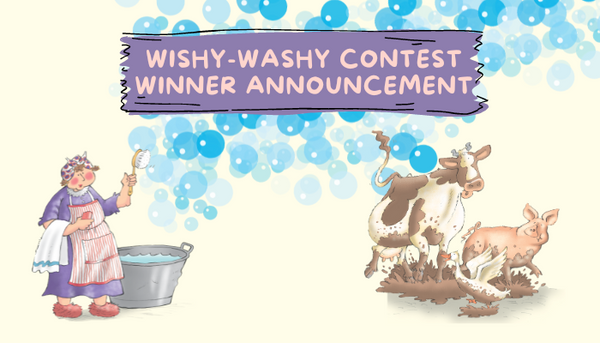
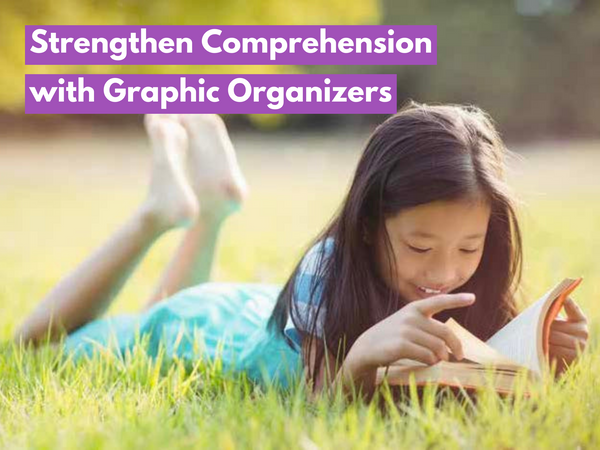
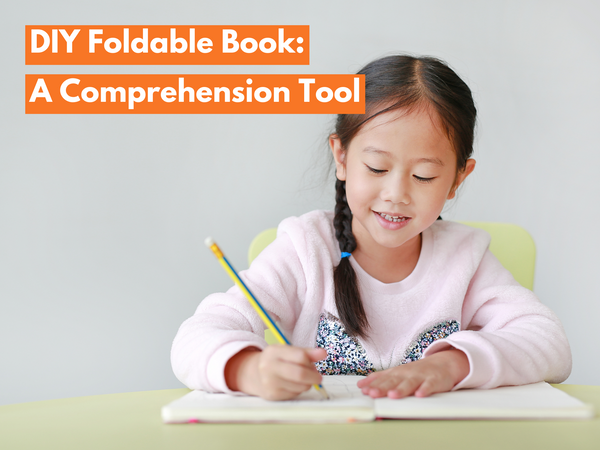
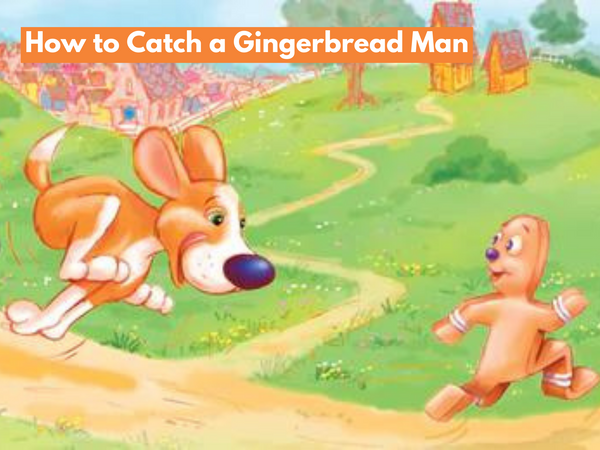
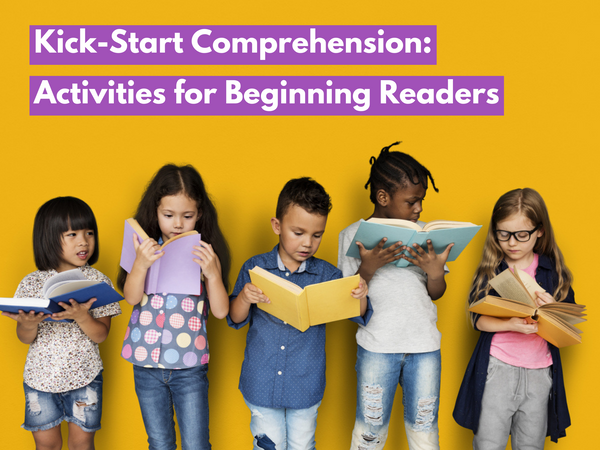
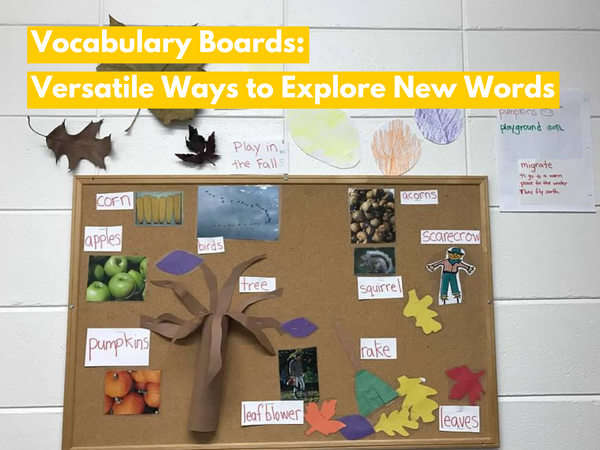
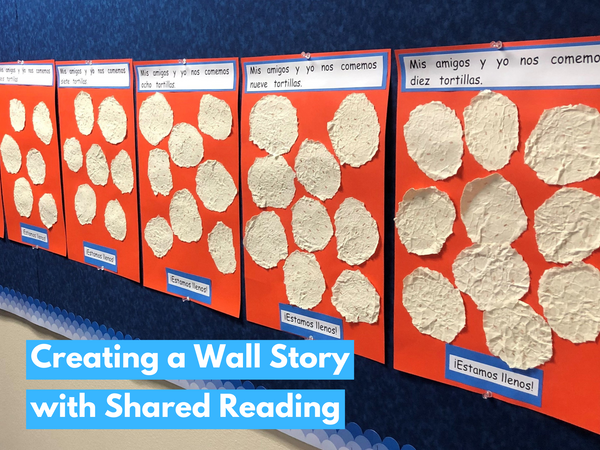
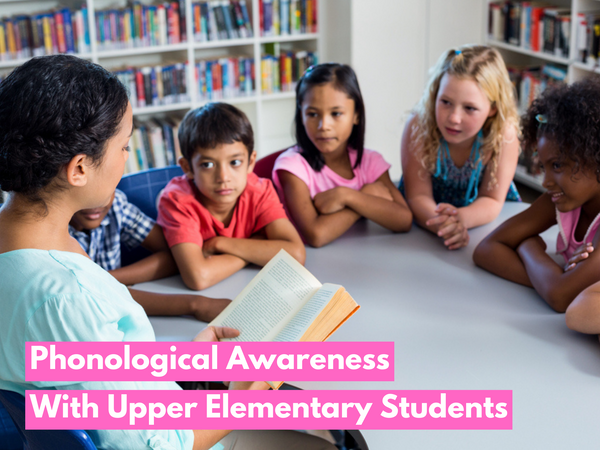
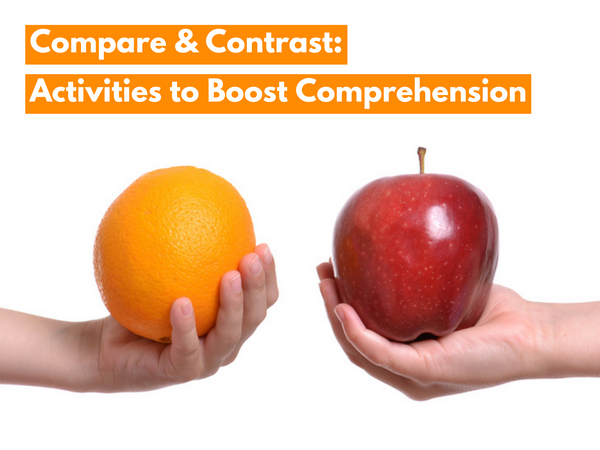
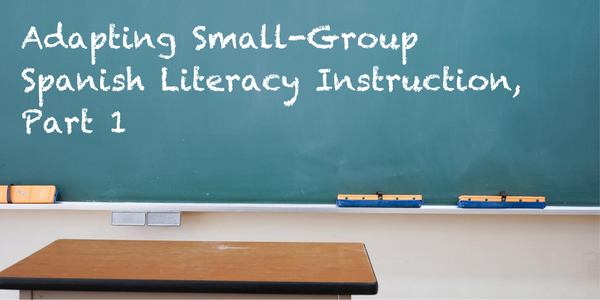
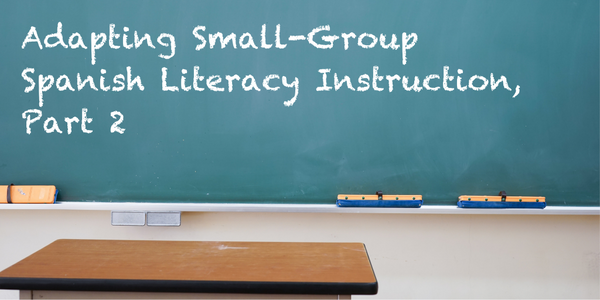
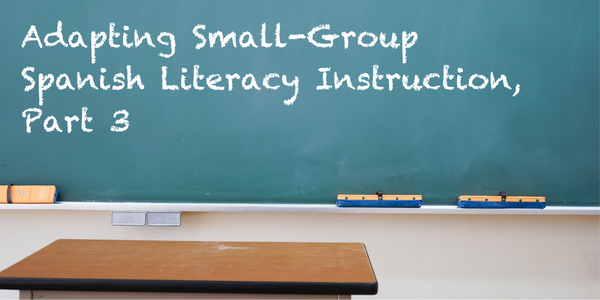
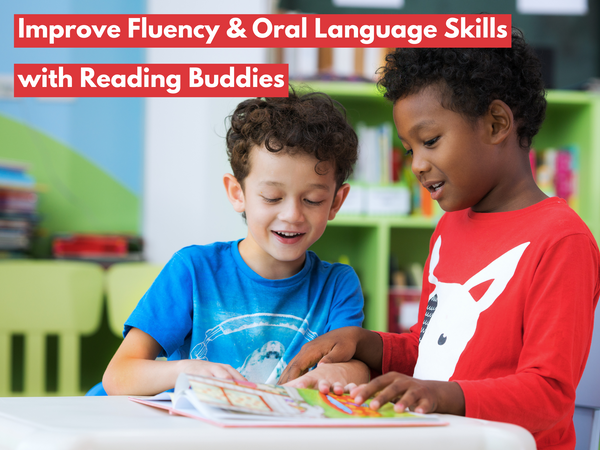
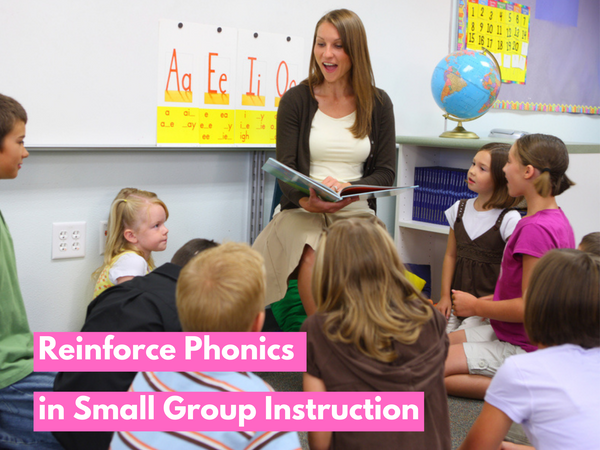
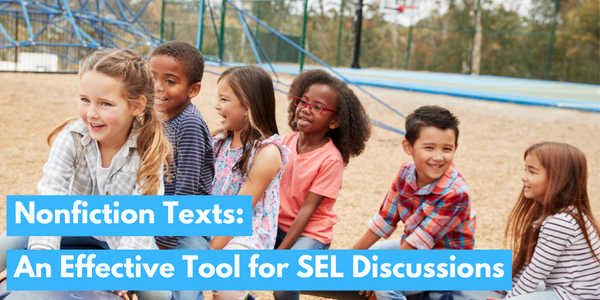
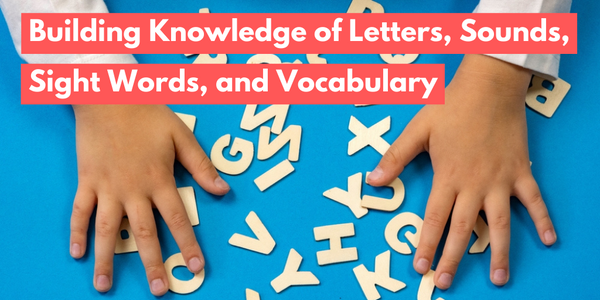
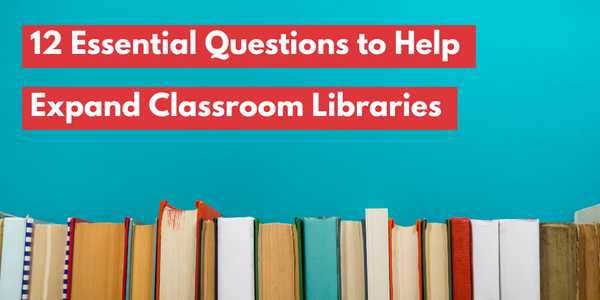
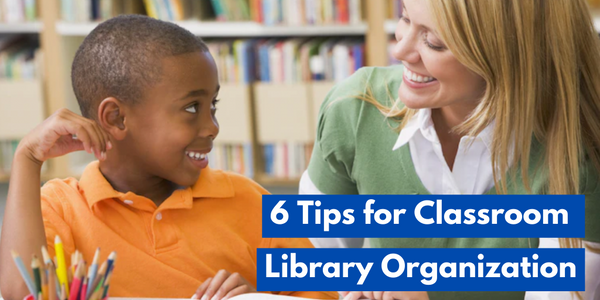
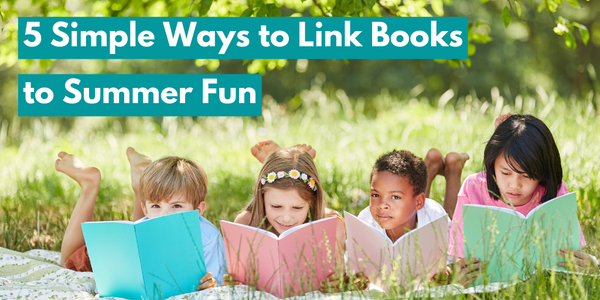
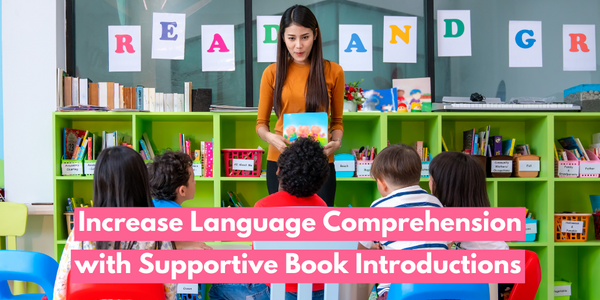

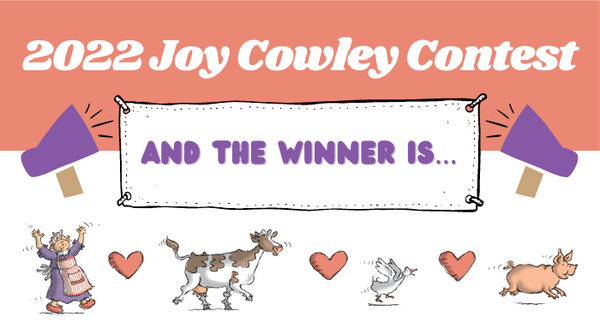

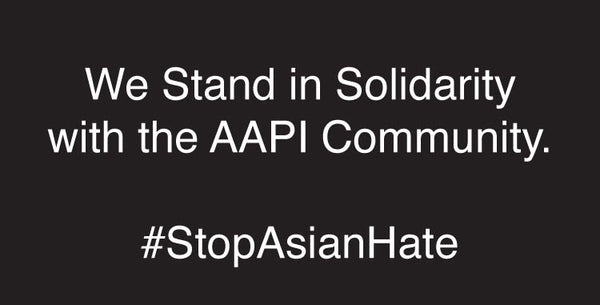
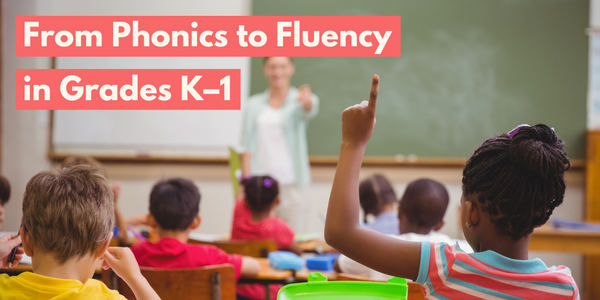
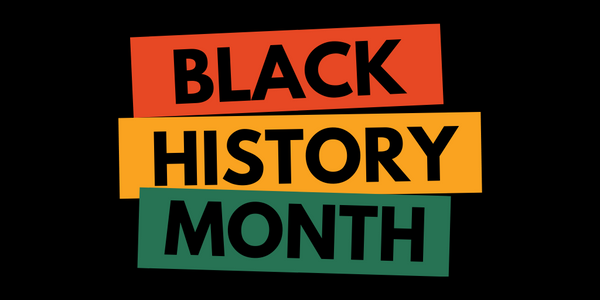
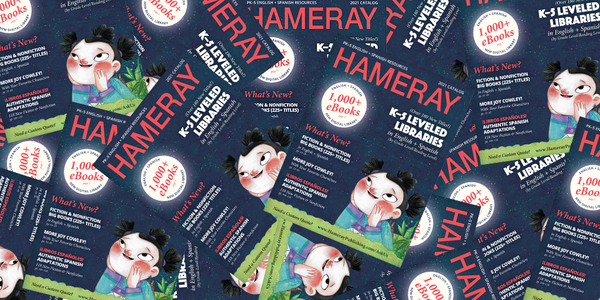
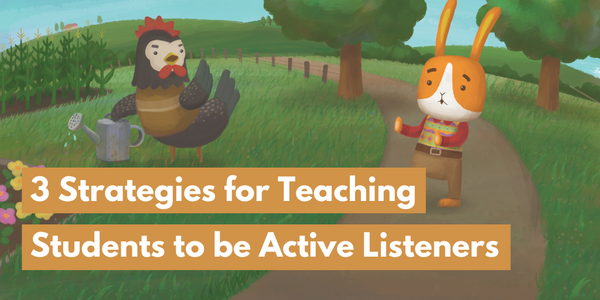
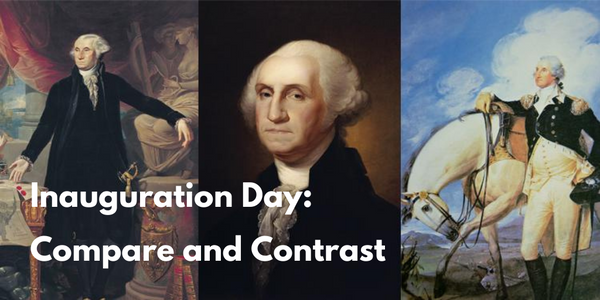
![6 Fun and Easy Activities to Practice Sequencing [Grades K-1]](http://www.hameraypublishing.com/cdn/shop/articles/Red_Typographic_Announcement_Twitter_Post-5_bf1ae163-a998-4503-aa03-555b038d1b76_600x.png?v=1689961568)
![Leveraging Prior Knowledge Before Writing and Reading Practice [Grades 1–2]](http://www.hameraypublishing.com/cdn/shop/articles/Red_Typographic_Announcement_Twitter_Post-4_600x.png?v=1689961965)
